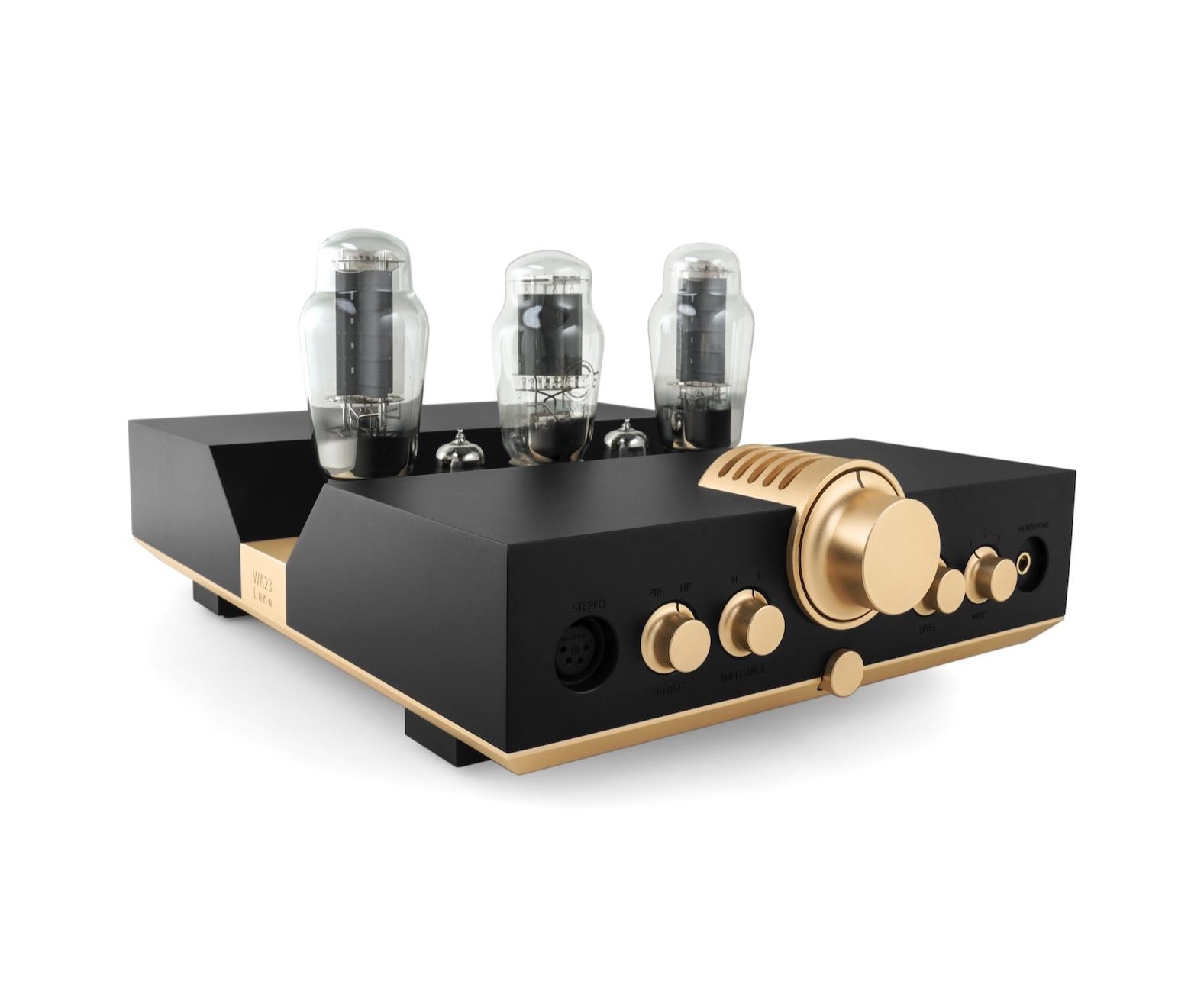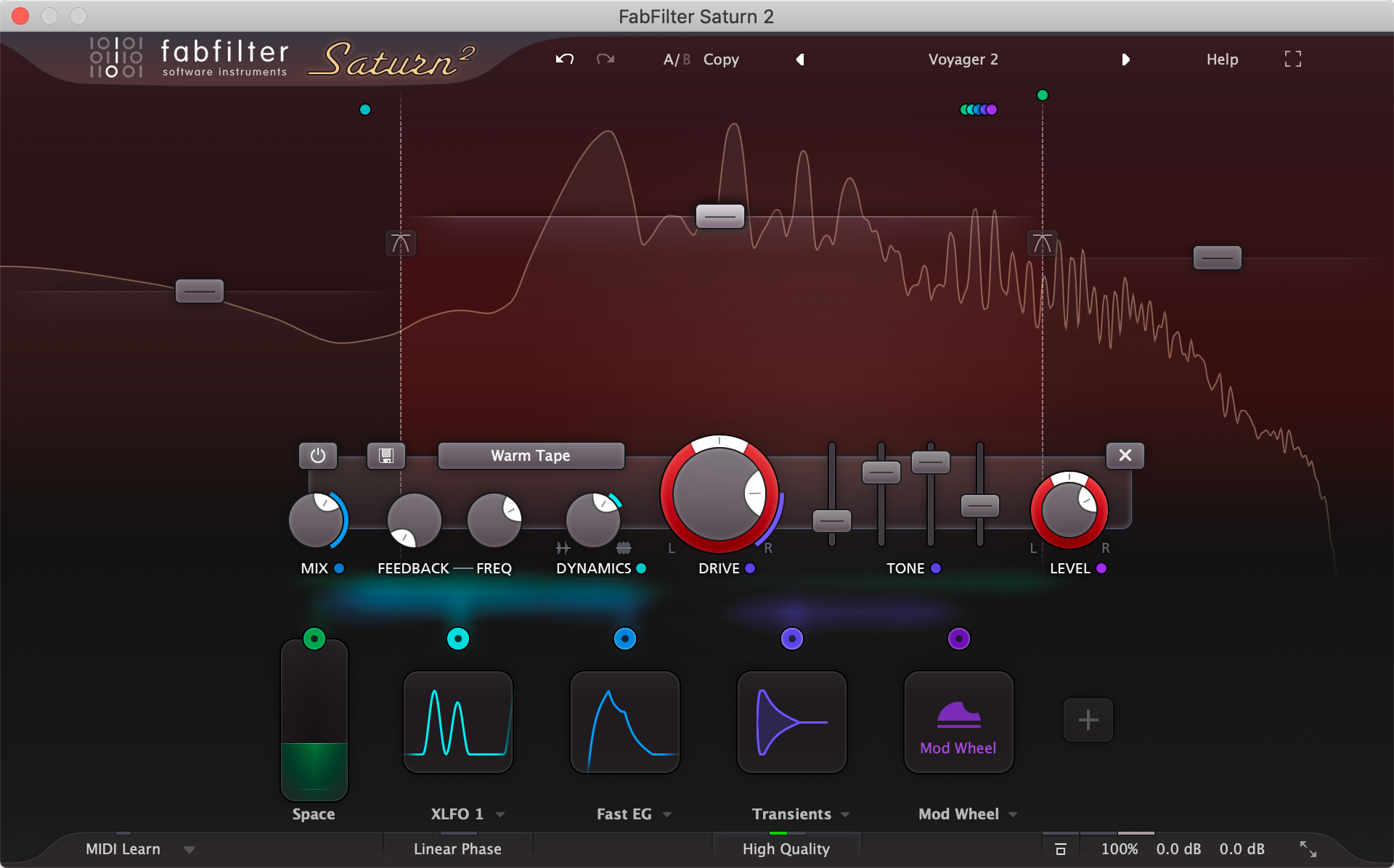dtaylo1066
Addicted to Fun and Learning
- Joined
- Jan 12, 2019
- Messages
- 662
- Likes
- 833
I am not sure a consumer good being pervasive is necessarily a good metric. McDonald's is pervasive. Eat there 3 times a day and...
I would surmise that tubes might make up 1 or 2% of systems in the audiophile community, and 1/1000 of 1 percent in all music listening.
But I would not have believed 25 years ago that vinyl recordings and turntables at all price ranges would be making a comeback.
Of course there are many guitarists who will only play through a tube amp.
At the end of the day, all recorded music and the listening thereof is a grand illusion. If one wants to be a purist, one would only listen to unamplified, live music.
I would surmise that tubes might make up 1 or 2% of systems in the audiophile community, and 1/1000 of 1 percent in all music listening.
But I would not have believed 25 years ago that vinyl recordings and turntables at all price ranges would be making a comeback.
Of course there are many guitarists who will only play through a tube amp.
At the end of the day, all recorded music and the listening thereof is a grand illusion. If one wants to be a purist, one would only listen to unamplified, live music.



